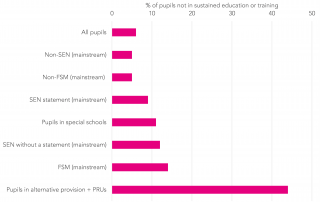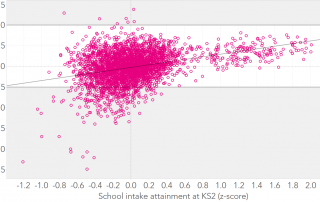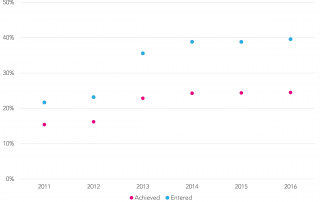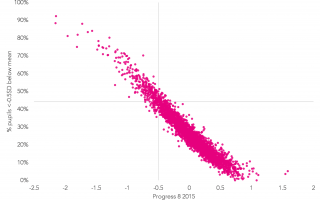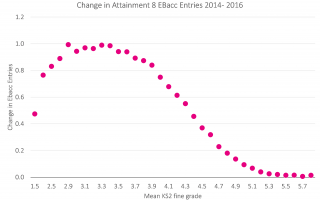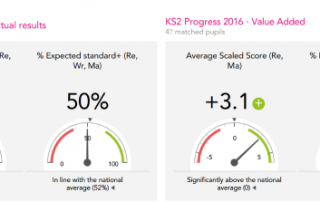The greatest challenge
The starkest figure published in last week’s Key Stage 4 statistical first release (SFR) was the Progress 8 score for Knowsley, a small unitary authority in Merseyside. Pupils attending its six secondary schools achieved on average almost a grade per subject lower than pupils with similar prior attainment elsewhere in the country. All six schools [...]




